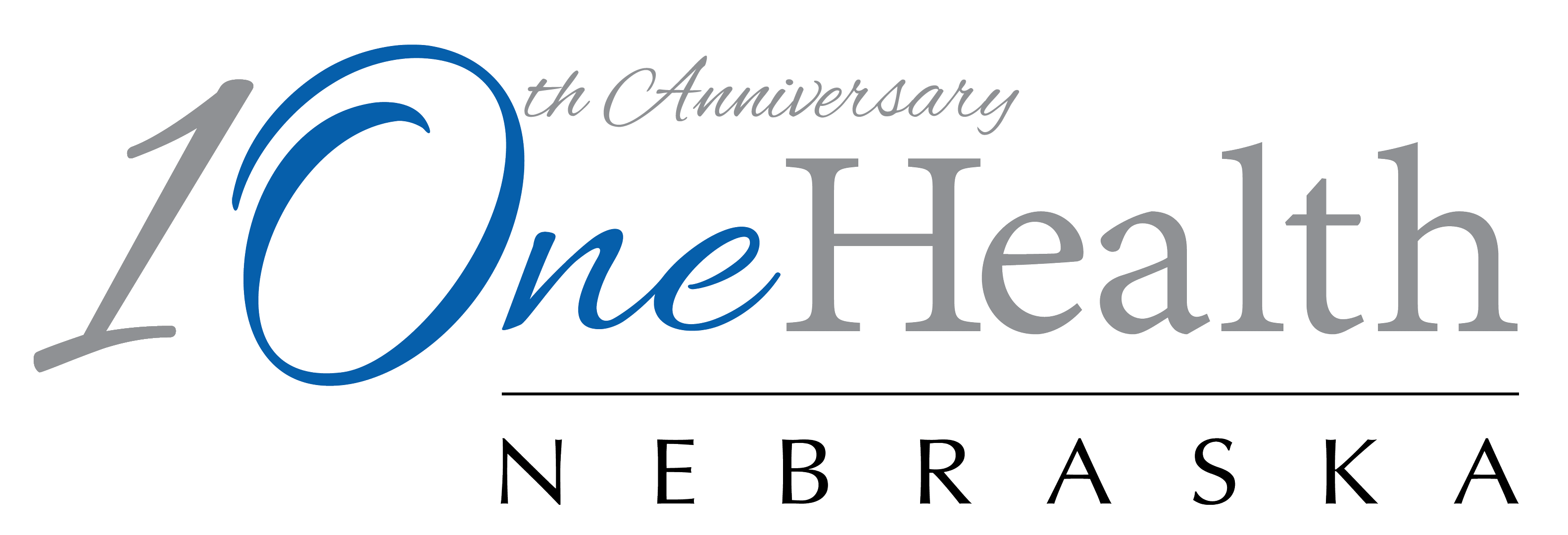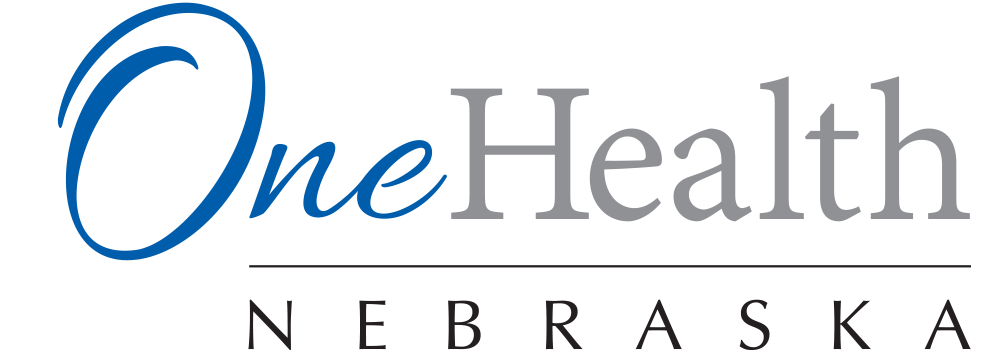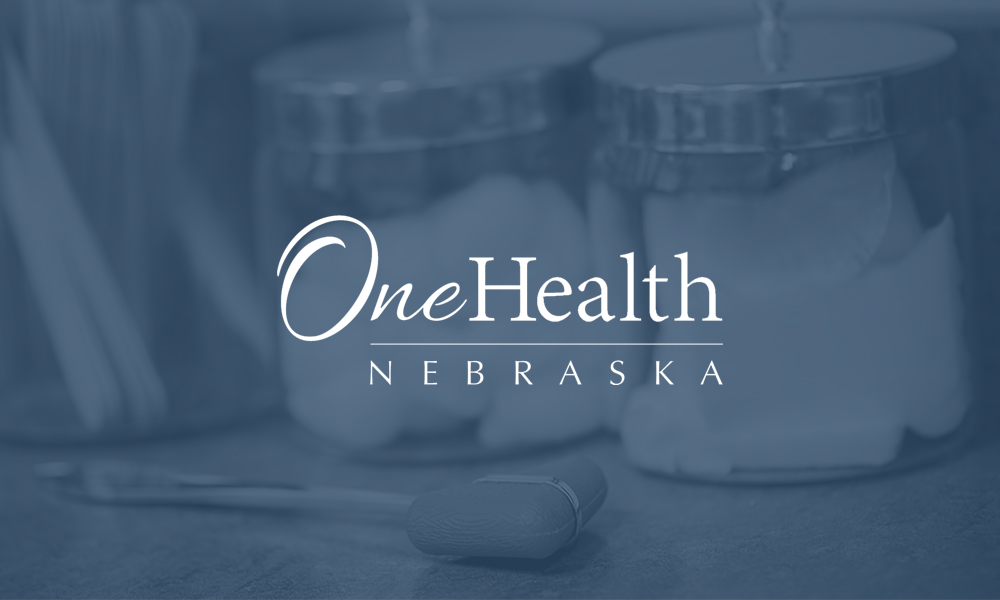To Dale, a 55-year-old Nebraskan, value-based care is help getting all his prescriptions filled on the same day so he doesn’t have to make multiple trips to the pharmacy—a 50 mile drive from his home.
To Doris, a 60-year-old Nebraskan, value-based care is being able to see her own doctor when her COPD is flaring up, even after typical office hours, avoiding a trip to the ER or hospital.
These deceptively simple yet impactful acts of care coordination and increased access are part of how Accountable Care Organizations (ACOs) are changing health care across Nebraska. ACOs are physician, clinic or hospital groups that work together to give coordinated high-quality care to their patients. ACOs then partner with insurance companies, like Blue Cross and Blue Shield of Nebraska, on value-based care arrangements that focus on patient outcomes, satisfaction and cost.
“We’re improving health, enhancing care, reducing costs and giving providers a better work-life balance,” said Joleen Huneke, chief executive officer of SERPA-ACO (South East Rural Physician Accountable Care Organization).
SERPA is one of eight ACOs working with BCBSNE on value-based care. Seven of these ACOs recently sat down with Nebraska insurance brokers at a BCBSNE value-based care forum to talk about how they’re changing health care.
For the Great Plains Health Innovation Network ACO, getting providers to work in groups and determine guidelines they all will use to treat patients has been a big step forward.
“We’ve seen a reduction in unnecessary testing because of it,” said David Lindley, physician advisor at Great Plains.
At Midwest Independent Physicians Practice Association (MIPPA), they’ve been able to reduce worker’s sick days.
“They have access to their physicians,” said Kristen Allison, MIPPA’s executive director. “That gets them back to work.”
Transitioning from a fee-for-service health care system to one based on the value of the care isn’t easy. Each ACO must convince providers and patients that the effort this kind of transformation takes is worth it.
OneHealth Nebraska’s executive director Dr. Robert Rauner says they no longer wait for patients to come to them with medical issues. They now proactively reach out to patients to ensure they don’t fall through the health care “gaps” between hospital and home. For OneHealth Nebraska, this proactive care coordination has resulted in $1 million in savings in the first year and reduced admissions to hospitals and ERs by ten percent.
It comes down to understanding the population and building trusting relationships with patients, according to Dr. Hank Sakowski, chief medical officer, CHI Health Partners.
Brokers like SilverStone Group’s Cara Kirsch said the ACO’s perspective is valuable, because increasing primary care is critical to changing the health care system.
“We need to be part of the education process and deliver the data to employers so they see the difference,” said Molly Ducker, an employee benefits strategist with Arthur J. Gallagher.
By bringing ACO providers and insurance brokers together, BCBSNE Chief Medical Officer Dr. Debra Esser hopes to foster a better understanding of the potential for value-based care to make positive, meaningful changes to the health care system.
“We’ve been doing this (ACOs and value-based care) for five years now, and we are really starting to see a turnaround. Medical costs are decreasing and quality care is skyrocketing,” Esser said.


